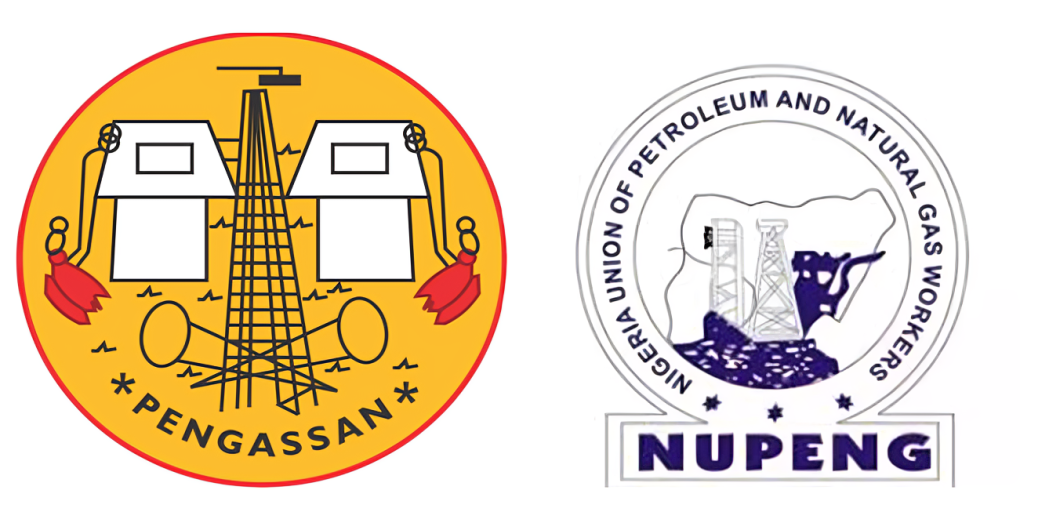KEY POINTS
- Oil unions PENGASSAN and NUPENG rejected government’s plan to sell up to 35% of stakes in NNPC joint venture assets.
- Labour leaders warn the move could bankrupt NNPC, destabilize Nigeria’s oil sector, and scare off investors.
- The unions accused the Finance Ministry of trying to sideline the Petroleum Ministry and vowed to resist the plan with “everything.”
Nigeria’s two most powerful oil sector unions have come out swinging against the Federal Government’s proposal to reduce its holdings in joint venture oil assets, warning that the move could destabilize the economy and cripple the state oil company.
The Petroleum and Natural Gas Senior Staff Association of Nigeria (PENGASSAN) and the Nigeria Union of Petroleum and Natural Gas Workers (NUPENG) said Tuesday that any plan to sell as much as 35% of the government’s stake in joint ventures managed by the Nigerian National Petroleum Company Limited (NNPCL) would amount to mortgaging the country’s future for short-term cash.
Currently, the government holds between 55% and 60% of these assets. If the plan goes through, union leaders argue, the NNPC could quickly become insolvent, unable to fund salaries, welfare, or contribute meaningfully to the national budget.
Union Leaders Accuse Finance Ministry of “Hijacking” Policy Space
PENGASSAN and NUPENG allege that ongoing fiscal reforms, including possible amendments to the Petroleum Industry Act (PIA), are a backdoor attempt by the Ministry of Finance to strip the Ministry of Petroleum of control and weaken NNPC’s national mandate.
Festus Osifo, PENGASSAN’s president, said the unions would “fight with everything” to stop the sale. “You cannot mortgage the future of Nigerians for temporary gains,” he declared at a joint briefing in Abuja, noting that previous divestments by Shell, ExxonMobil, and ENI already left Nigeria grappling with weakened state participation.
His NUPENG counterpart, Williams Akporeha, was equally blunt, warning that amending the PIA barely three years after it was passed would send “dangerous signals” to investors who had only just begun adapting to the law. “Every serious oil-producing nation protects its national oil company. Here, we are doing the opposite,” he said.
President Bola Tinubu last month directed a reassessment of NNPC’s deductions under the PIA, including a 30% frontier exploration fund, as part of wider fiscal tightening led by Finance Minister Wale Edun.
The administration says reforms are needed to boost government savings and reduce pressure on the Federation Account at a time of global financial strain.
But for the unions, such reforms risk cutting too deep. They warned that stripping NNPC of its revenue base would leave the company unable to sustain itself, scare away investors, and destabilize Nigeria’s oil industry.



